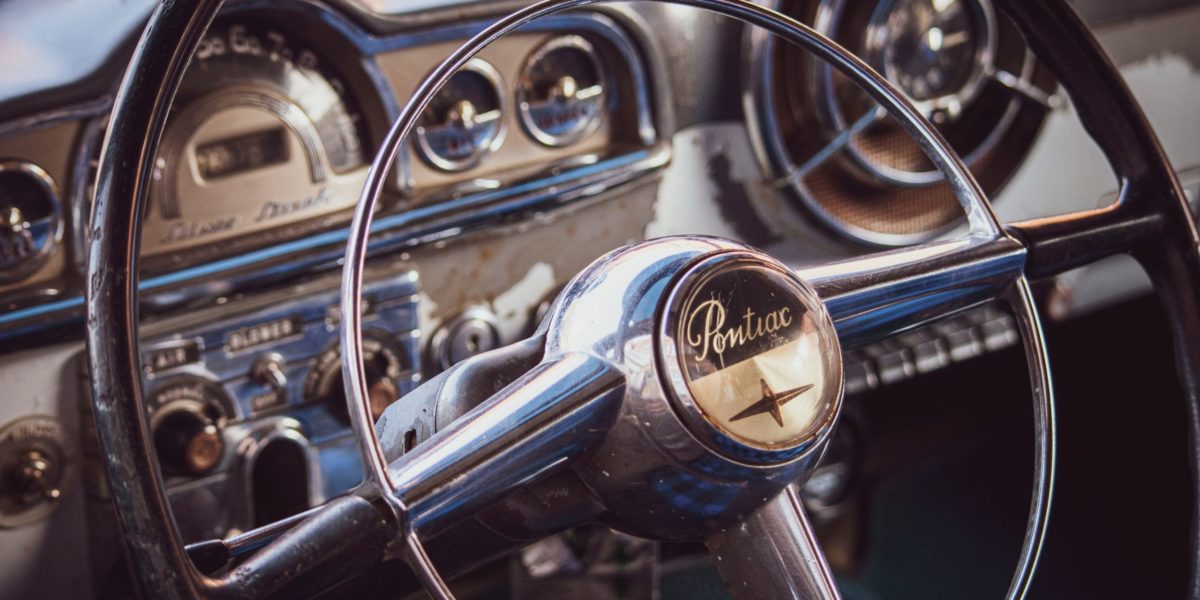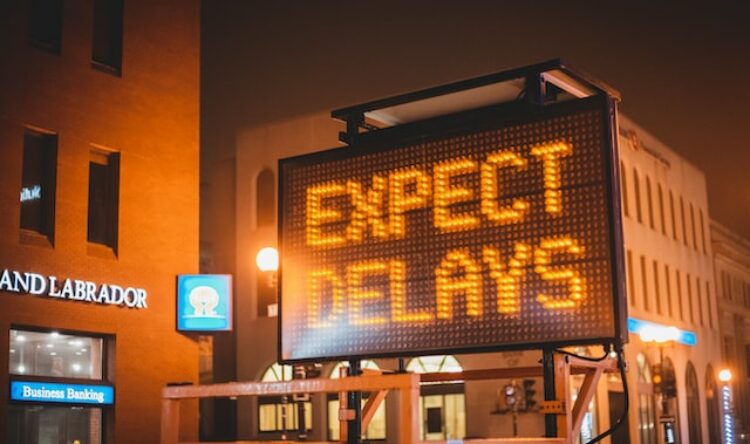We want to drive
British motorists wouldn't feel safe in driverless cars
The march towards a driverless future continues. In 2020 the British government launched a consultation. It is believed that some early driverless systems could be permitted on the nation’s roads by the end of this year.
It has also been reported that Apple is planning to release a driverless car in 2024 ‘with next-level battery technology’. This shows that over the next five years or so, we could see a large influx of companies entering this area of the market. The question is whether the public want or trust this technological drive?
Vanarama has surveyed 1,000 members of the UK public to find out.
Key Findings
- 73% of the UK public wouldn’t feel safe in a driverless car
- Only 13% would trust a driverless car to take their children to school unattended
- 4 out of 5 people think they’d be able to spot a hazard better than a driverless car
- Over half of Brits surveyed wouldn’t trust a driverless car going over 30mph
- A third of the UK public would never trust a driverless car
- 9 out of 10 believe that UK roads ultimately aren’t ready for driverless cars
Why Might The Public Not Trust Driverless Cars?
Ever since the first ever car was made by Carl Benz in 1885, we have always taken personal control of our vehicles. However, 136 years later things could be about to change. The prospect of driverless technology integrated into cars has raised safety concerns by motorists.
Driverless cars continuously map their surroundings using a variety of highly attuned censors placed on different parts of the car. Lidar sensors send out pulses of light to detect the surroundings of the vehicle such as other cars, road markings and road edges.
Once the car is in motion on the road, a computer makes decisions based on its surroundings. This includes plotting a path through traffic, when to accelerate, when to brake and obstacle avoidance.
The world’s biggest car brands and many road safety commentators insist that driverless technology will improve road safety. This survey reveals that British motorists are not so sure. There’s something about not being in charge of your own destiny that many motorists dislike. A common concern raised is that they simply don’t trust the technology within the car to do a better job than them at the wheel. Change, though, often takes time to be accepted.

Relationship of trust
In order for driverless cars to be widely adopted, there needs to be trust in the technology that powers them. It will be an extremely strange sensation allowing the car to drive for you. Motorists will need to be convinced of the car’s capabilities.
This survey has revealed that 73% of Brits currently wouldn’t feel safe being transported by a driverless car. It shows that car and technology companies still have much work to do to convince people to give up control.
Furthermore, 89% of motorists main reason for this is that they don’t believe the road network is ready for driverless cars.
Perhaps more evidence of this distrust is when people have a good knees-up. When motorists were asked whether they would feel comfortable drinking alcohol before, or while using a driverless car, 83% told us they wouldn’t.
Time and options
One of the positive aspects often talked about driverless cars is that they will enable people to save or utilise time better. This could be the school run, or working on the commute.
However, nearly 9 out of 10 people wouldn’t trust a driverless car to take their children to school alone.
Despite the promise of the technology being able to think faster than humans and spot possible danger within a microsecond, motorists still aren’t sold.
Nearly four out of five said they don’t believe it, despite what car and technology companies might tell us.
Because of this, 95% of motorists believe there should be an option for someone to take manual control. However, 9% think that it should only be allowed in emergencies.
Speeding ahead
With trust in driverless cars so low, it’s no surprise that most wouldn’t feel safe exceeding speeds of 30mph.
Only 17% would be happy to be on the motorway at speeds up to 70mph.
So, 71% would skip the driverless tech to take control of their vehicle. Only 10% told us they would always want to be driven by the car. The remaining 19% said they would prefer a combination of the two, depending on the situation.
A third of respondents said that they feel they could never trust a driverless car. However, 67% said they would be prepared to trust a driverless car after a period of one to four years of proven safety on the road. Then again, one in five would want driverless cars to be on the roads for over a decade before they would trust them.







